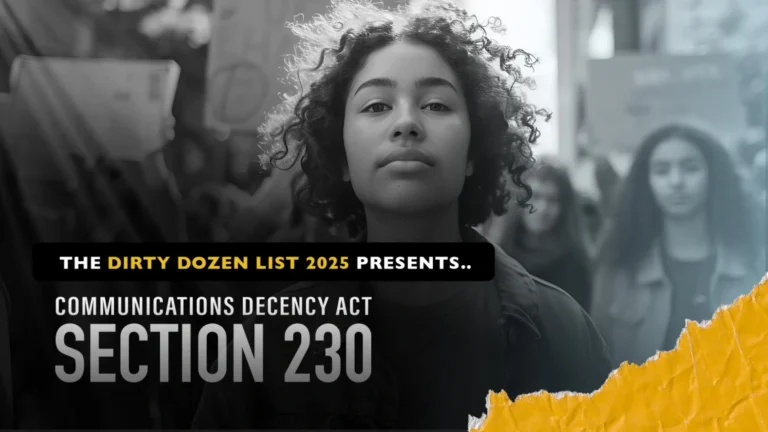Far too many libraries do not have any accurate Internet or computer filters.
And as recent events show, the consequences are serious.
Local libraries are becoming a prime location for viewing and distributing child sexual abuse images (i.e. child pornography).
Tragically, this problem is all to real.
A Kentucky man was recently arrested after he was allegedly found to be looking at naked photographs of a boy who appeared to be below the age of twelve. At the time, this man was on release from a halfway house and was not allowed to be using the Internet because he was facing other charges for using child sexual abuse images.
A Connecticut man was also arrested earlier this year for using his local public library to view sexually explicit images of children, in addition to a convicted sex offender in California who was arrested for downloading and distributing child sexual abuse images
Reports like these are not uncommon.
It’s time for libraries to take a proactive step to protect their communities through installing Internet filters to block out pornography.
The American Library Association is deliberately misinforming libraries that filtering pornography would violate users’ First Amendment rights.
The ALA has even filed lawsuits (and LOST) against legislative enactments that require the use of filters. Despite losing and the Courts making it clear that libraries have the right to filter out this content, the ALA continues to disseminate misleading information to libraries about their responsibility and ability to filter pornography. Libraries look to the ALA for guidance on best practices and legal advice—yet the ALA refuses to give libraries all of the details.
The American Library Association is refusing to take action.
But YOU can.
Through our Safe Schools, Safe Libraries project, you can download the “Getting Started” packet that explains, from start to finish, how you can get effective filtering in libraries and schools. Several communities have succeeded with this project! Please reach out to us and let us know if you need any assistance, we are here as a resource for you.
Libraries are supposed to be safe places for children, and communities, to learn. Let’s keep it that way, and get pornography out of our local libraries.


